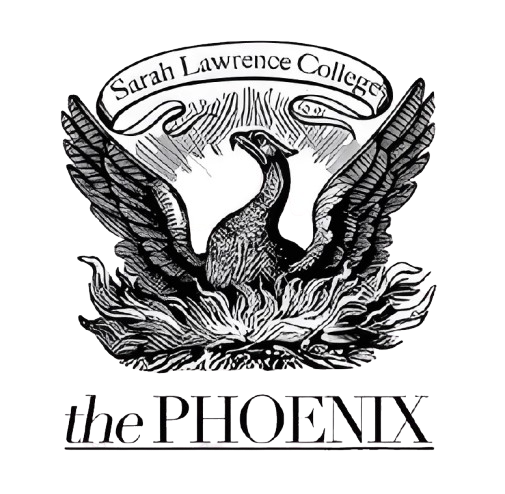Senate Brief: Health and Wellness and Big Senate Goals
The Sarah Lawrence Health and Wellness Center, known as “Lyles House” Photo Credit: Amali Gordon-Buxbaum
HEALTH AND WELLNESS:
Student Senate invited Dina Nunziato, director of counseling and psychological services at the school’s Health and Wellness Center, to answer questions posed by senators and other students about the center’s services.
The Health and Wellness Center provides medical, counseling and psychological services to the Sarah Lawrence community. The counseling and psychological department, which receives the largest amount of visits, according to Nunziato, treats conditions such as anxiety, depression, relationship issues, and other psychological concerns. The center provides treatment not only for individuals, but for groups as well. Last semester, Nunziato said, was a “banner semester” with 20 groups running, which included groups on anxiety, family “drama,” and harm reduction.
“We really feel it’s our mission to support you all here in your academic pursuits, in your interpersonal relationships, and in your growth as a student and as a human being,” Nunziato said.
Every student has a limit of six counseling sessions per academic year, a cap required by the increasingly large number of students who use counseling services. Some senators were concerned about the negative effects the limit might have.
“I know that you don’t have the capacity for more than six sessions per student, but I think it’s really daunting to just sign up for that,” said Diversity Senator Jessie Shiner. “It’s hard because there isn’t any backup option.”
The reason for the limit is fairness, Nunziato explained, and to avoid filling up appointment slots too quickly. She also pointed out that the size of the center’s counseling staff—three full-time therapists and one part-time—is significant, given Sarah Lawrence’s population. Nunziato added that the center is currently working towards bringing on a 24 hour service.
“We know that that’s a need,” she said. She also clarified that despite the six session limit, if a student is in crisis, they can walk in, and someone will be available to assist them.
Multiple senators also addressed the issue of transportation to off-campus care. Nunziato said the she does her best to find locations within a five mile radius, but acknowledged the lack of accessible or reliable public transportation in Westchester.
“It comes down to cost,” Nunziato said. “At this point, I don’t have any money to provide taxi vouchers or Uber certificates.”
Cueva followed up with an inquiry about opening hours for SLC van drivers as a transportation option, to which Nunziato responded, “What we sometimes tell students, especially in the winter, is if it works with your schedule, you can take a van to the train station, because some of our therapists in Bronxville are close to the train station. But that’s not how vans are supposed to be used, so I don’t usually tell students.”
“But if it’s convenient, if it’s helpful, why shouldn’t you tell them?” Cueva countered.
General Committee Senator Genesis Rico proposed the idea of starting a fund for transportation services for off-campus care.
“I’d be willing to put $20 to it monthly, even if it’s not to my benefit, for anyone who needs,” Rico said.
Several senators voiced their interest in having therapy animals on campus, for which Nunziato said she was in total support and would be willing to further discuss the details with anyone interested.
In the 2017-18 academic year, Nunziato said, the Health and Wellness Center received 3,898 visits, which was a 7% increase from last year. Counseling services engaged with over 32% of the on-campus student body, and individual counseling was the highest utilized service.
COMMITTEE REPORTS:
SSSF Committee reminded students of the silent and live auctions coming up in the first week of March. Curriculum is currently looking at four proposals on topics such as students taking courses for fewer than five credits, which will be receiving input from faculty at the next meeting. Diversity discussed the necessity of diversity statements in job applications, and the school’s lack of post-tenure review. General created an ad hoc committee to determine the structure of faculty governance and continued its discussion about registration, focusing on the possibility of expanding the size of lectures. They mentioned that this semester had one of the highest bump rates. Student Life discussed a proposed policy on “coasting devices,” such as skateboards, scooters, and bikes, as well as a survey being conducted on feelings of isolation on campus, which they plan to send out before spring break. Senate also began assigning point people for their “Big Senate Goals,” which were decided on at the beginning of the semester.
Amali Gordon-Buxbaum ‘21

